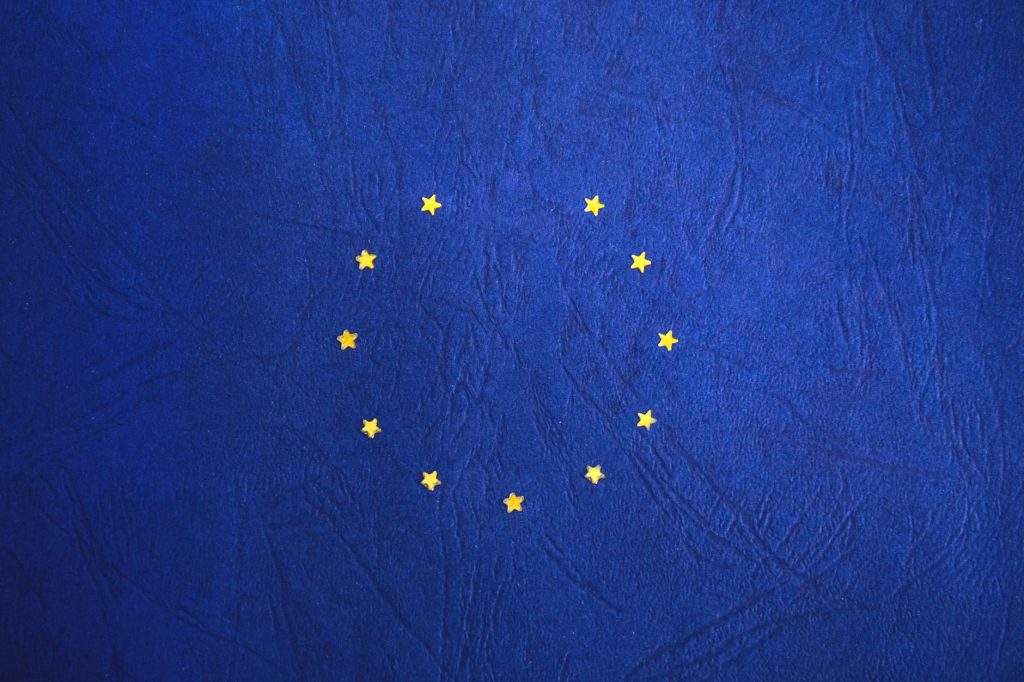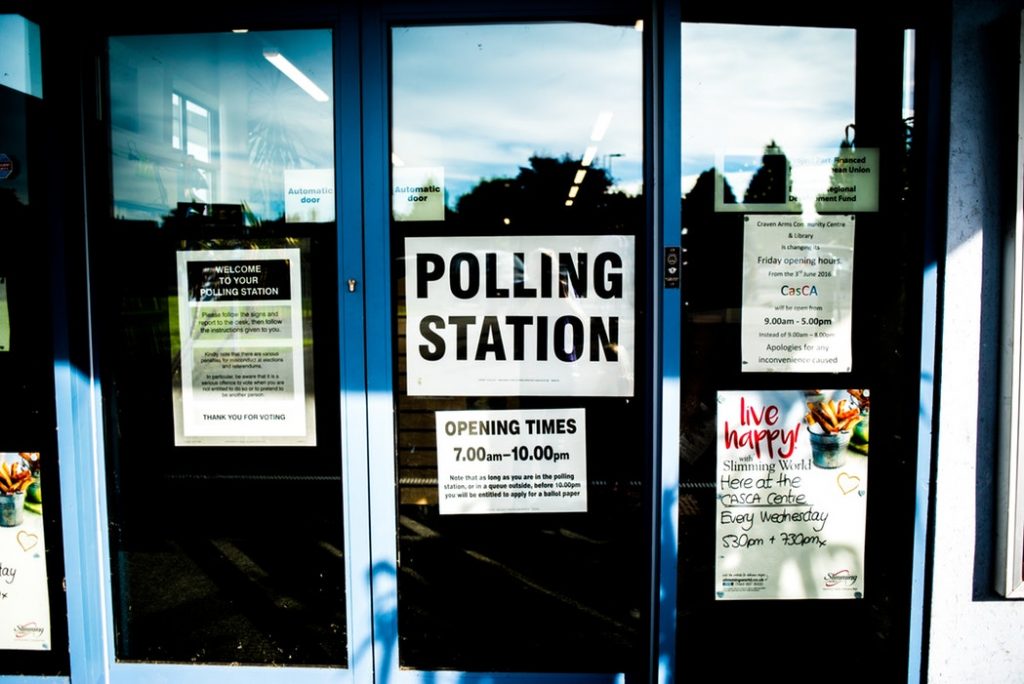Donating to charitable causes is an invaluable way of fighting poverty and other global problems, yet many people remain resistant to giving due to persistent myths or misconceptions regarding giving.
One misconception regarding giving to charity is that doing so could result in poor financial situations; this simply isn’t the case; to combat this myth, conduct research on each charity before you donate and ensure they use your contributions efficiently.
1. They Don’t Have Enough Money
Recent research conducted with 400 high net worth individuals (HNWIs) revealed that many cited “other financial obligations,” such as mortgages and car loans as primary reasons why they did not donate money to charity. This included mortgage payments, car loans, school expenses for their children as well as family responsibilities that prevented them from giving money away.
Not surprisingly, this trend is no surprise; many members of the global population lack sufficient funds to cover basic needs and pay their bills. If all individuals donated 0.7% of their incomes towards charitable causes each year, we could help more than one billion people out of poverty worldwide.
But that doesn’t mean there aren’t ways to encourage more people to donate their money. One effective approach would be enabling donors to easily give by encouraging them to pledge a specific amount each year, for instance.
Donating to charity helps create a better world. Not only does it provide essential resources to those less fortunate, but it also sends the message that there are people out there who care and wish to do something to improve it.
These types of messages can inspire people to donate to charity and make a difference even without much extra cash in their budgets. Not only will this increase donations but it will show individuals they can have a direct effect in improving the lives of less privileged while making them feel good about themselves at the same time.
People often assume they do not have enough money or skills to make an impactful donation, when this is actually not the case; smaller gifts tend to have greater effects than large, lump sum ones.
People don’t donate money to charities because they are uncertain which organisations can be trusted. According to research by MIT Media Lab, only 15.5% of respondents felt confident that charities were honest and reliable compared to many other sectors such as banks, businesses, or the government.
2. They Don’t Trust the Organisation
Donating money can be daunting for many. People may worry that their donation may not make enough of a difference, or may even harm the organisation they support.
But there are ways you can ensure that your charitable donation will be properly spent; one key aspect is to select an organisation with an excellent track record in terms of transparency and integrity.
One of the key ways to build trust is through communication, and one effective approach to doing this is delivering an engaging, clear, and consistent message to your target audience.
As part of building trust in your community and among its people, showing that you care is another effective way of earning it. Being aware of all the needs and challenges in your local area will allow you to meet them more efficiently.
Establishing an easily understood mission is also paramount to creating meaningful change. Whether your aim is to enhance public health, raise environmental awareness or increase housing opportunities, you should have something you can be proud of and support financially with your money.
Furthermore, you need to be able to communicate the story of how your organisation helps people in a manner that resonates with them – an effective way of doing this is through an engaging social media presence.
Successful organisations typically employ a marketing team that works tirelessly to spread word of their cause, such as creating informative videos, writing press releases and publishing them online.
Donations should always go toward good use; having a plan ensures this. Doing this also means feeling proud about contributing money – an essential aspect when giving money away.
3. They Don’t Trust the Taxes
Some are reluctant to donate because they lack trust in the tax system. Although most are content to pay their dues, others remain uncertain of both their tax burden and how it’s calculated.
Education about how they can contribute to making our world better is the best way to convince donors of the need and benefit from giving. Many charities and organisations exist that can provide them with accurate information at the appropriate time.
One of the great aspects of giving to charity is being able to customise your donation according to what matters to you most – for instance, you could give a small amount towards disease research or environmental protection initiatives.
Doing your part to make the world better is immensely satisfying and will increase both your self-esteem and overall well-being. A key element of successful charitable contributions is using donations wisely; most effective charities offer integrated business models and clear pathways towards sustainability; there are plenty of free or low-cost tools out there that make this easy for you – creating a win-win scenario between you and the charity(ies) you support!
4. They Don’t Have Enough Time
Recent survey conducted by the Charities Aid Foundation (CAF) has revealed that one in seven people are cutting back on charitable giving in order to adjust to increasing living costs.
People struggling financially often become more selective about who and how much money they donate, according to the CAF 2021 Giving Report. 61% of those feeling worse off reported they had reduced their generosity.
These donors often believe they make more of an impact by volunteering their time rather than giving money; however, this may not always be the case.
Researchers from the University of Illinois discovered in their study that when given control over how their volunteer time or donated money is used, individuals are more inclined to donate their resources.
Donors benefit when their contribution makes a visible impact, as this demonstrates their donation is making an impactful statement about its purpose and worthiness.
Researchers presented participants with two scenarios in which they were asked to donate either money or time, with various options presented as to how this donation should be spent. Participants giving financial donations offered more than twice as much when told where it would go than when asked directly for gifts of this nature.
They also reported feeling more in control of their money when given more autonomy over its use, than when asked to donate it. Therefore, it’s essential that when giving money or time to charities, you ensure they will use it efficiently and effectively.
As part of any charitable act, it’s also essential to remember that volunteering your time can be just as helpful a means of giving as giving money. By helping out at local collections or food banks or simply giving your time at community events or parks cleanup projects you could help those most in need in your locality.

Reginald Harper owner of this blog, He created this website many year before to share his experience. He is writer and he writes the topic all about social Anxiety and many more.





